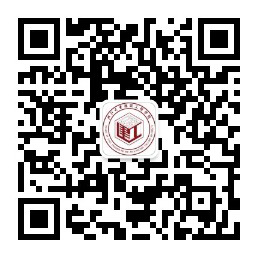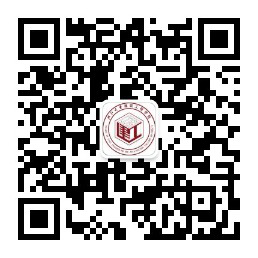Topic: Effect of structure on the mechanical behaviour of loess: implications to flowslides in cemented soil
Time:11:00-12:00, 2021.05.11
Place:Room A420, Anzhong Building
Introduction
Loess contains predominately silt-sized quartz grains that are bonded by various cementation agents, whichis of significant interest to the understanding of the mechanical properties of lightly cemented soils. Loess is problematic upon wetting as its metastable structure can rapidly transform from a cemented solid body to a fluidized material. The results of series of isotropically consolidated undrained tests compare the large-strain behaviours of intact and reconstituted specimens that show state-dependent flow instability due to the effect of structure. A constitutive understanding is gained using the NorSand model by comparing the computed undrained behaviours of intact and reconstituted loess at the same state parameter. The results confirm the strong effect of structure on flow instability. The experimental data of the centrifuge modelling on loess flowslide induced by the increasing phreatic surface is discussed to further analyze the failure process, with emphasison the effect of changing slope geometry and pore-water pressure on the flow initiation. The drained-to-undrained transition in the loading path of loess is simulated andindicates a rapid reduction in strength under such a transition for loess, thereby the triggering mechanism of loess flowslides.
Speaker's Bio
Dr. Liu received an M.Eng. degree in civil engineering for undergraduate studies at the University of Bristol in the U.K. in 2011, and he received his M.S. degree in civil engineering in 2016, M.S. degree in computational science and engineering in 2019, and a Ph.D. degree in civil engineering in 2019 from Georgia Institute of Technology in the U.S. A core focus in Liu’s research has been the study and analyses of natural and human-induced disasters. His research is centred on the development of more resilient, intelligent, and sustainable civil engineering solutions by analyzing and mitigating landslides as well as evaluating and improving the design and performance of resilient infrastructures for post-disaster mitigation and community reconstruction. Liu is serving as the co-chair of the Virtual Reconnaissance Program for the Geotechnical Extreme Events Reconnaissance (GEER) Association, an NSF-sponsored organization that responds to natural and human-induced geotechnical disasters worldwide. He has co-organized numerous workshops and conferences on the analyses of geomaterials and on the post-earthquake impact of geohazards. He is the recipient of the George F. Sowers Distinguished Graduate Student Award and the Future Faculty Fellowship at Georgia Tech.



